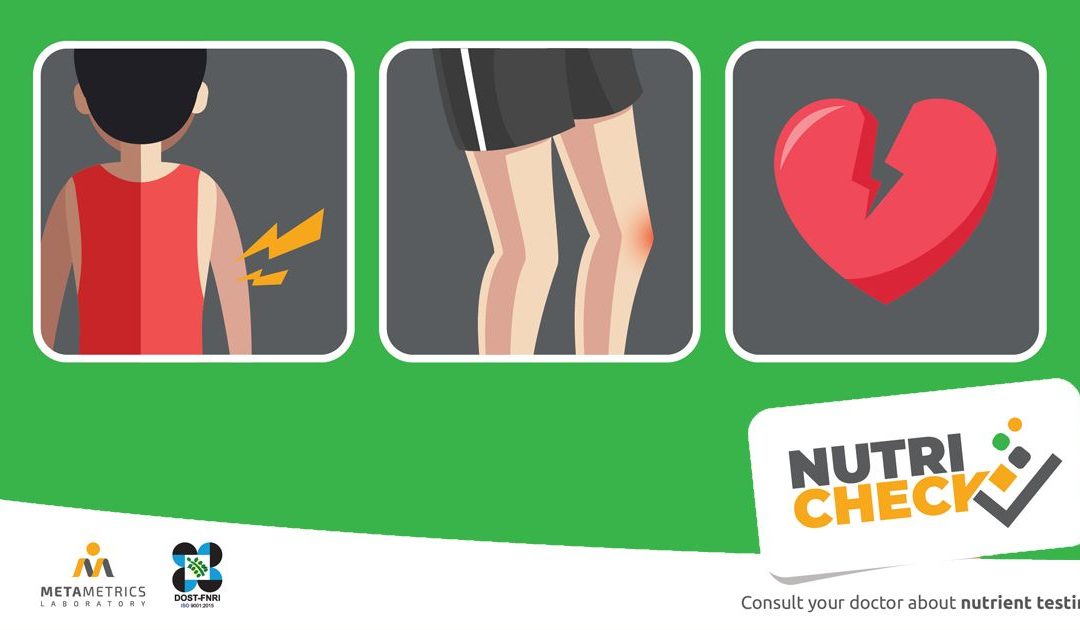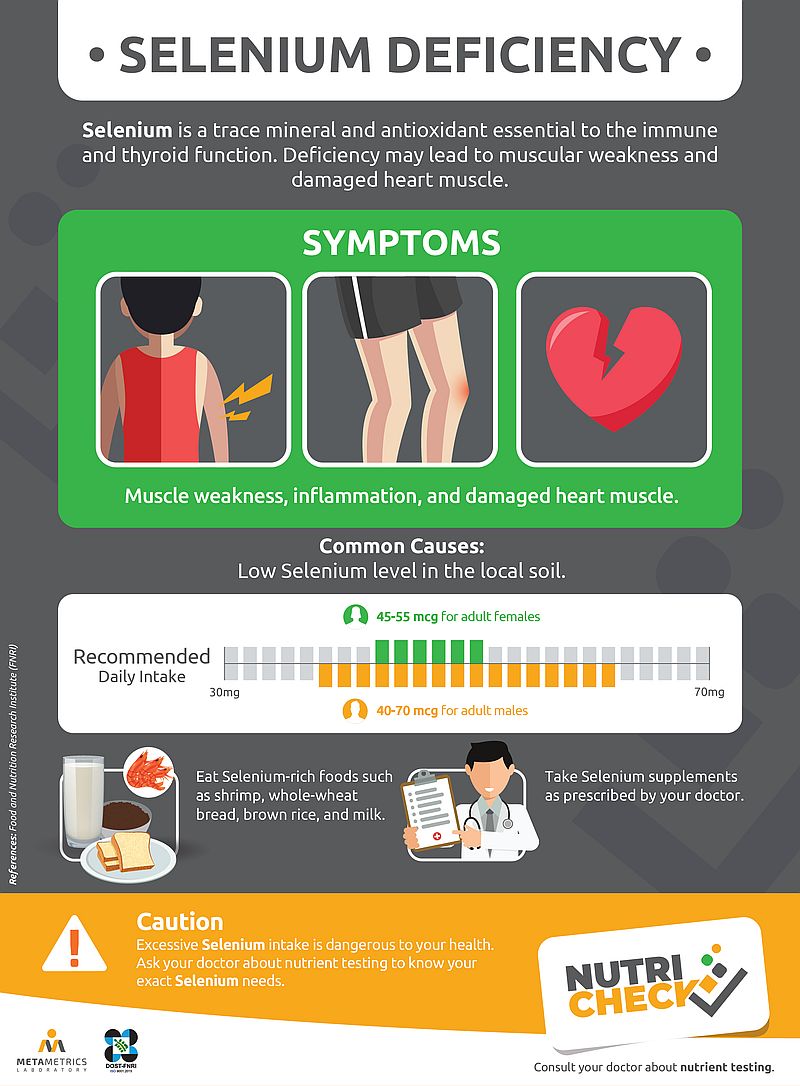Got Psoriasis? You Might Be Deficient in This Mineral
Do you have itchy, scaly, red patches that sometimes accumulate and not go away? This skin condition is better known as psoriasis, and it usually flares on the knees, elbows, lower back, and scalp. It makes the skin dry, easily irritated, and sometimes can affect the quality of life.
Numerous causes may trigger this skin condition, but if it appears frequently or persists longer than usual, chances are you have Selenium deficiency.
Selenium is a trace mineral vital to the immune system, thyroid hormone metabolism, and effective reproduction. It is also an essential antioxidant that protects the skin against UV irradiation-induced oxidative stress.
This trace mineral should be taken in balanced amounts to avoid toxicity and deficiency. Signs of toxicity include brittle hair and nails, skin rashes, fatigue, and irritability. Manifestations of deficiency include muscle weakness, damaged heart muscle, and psoriasis. Keshan Disease and Kashin-Beck Disease are both normally associated with Selenium deficiency.
To balance your Selenium levels, the Food and Nutrition Research Institute (FNRI) suggests Selenium intake of 40-70 mcg for adult men and 45-55 mcg adult women. FNRI also suggests food sources such as crabmeat, salmon, pasta, shrimp, pork, and whole wheat bread.
Get more information on Selenium below:
Ask your physician about Derma Nutrient Test to determine if you are Selenium deficient. This test includes an analysis of other nutrients that are vital to a healthy, youthful skin. An accurate diagnosis of your Selenium levels can guide your doctor in recommending a personalized dietary and supplementation plan that will help maintain a healthy amount of Selenium.
#NutriCheckPH





